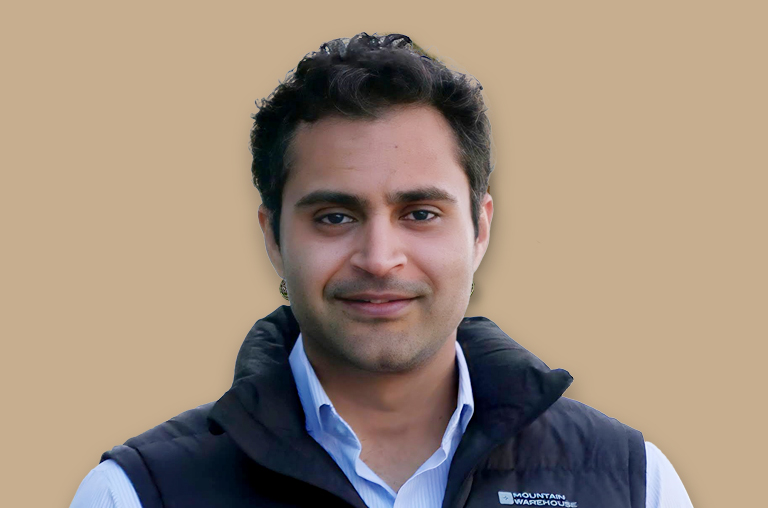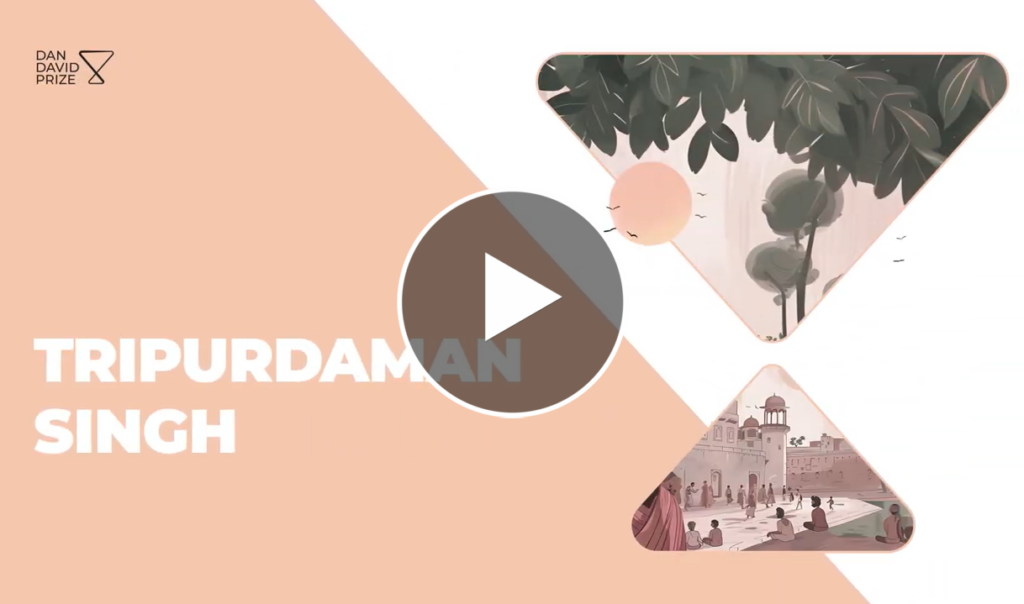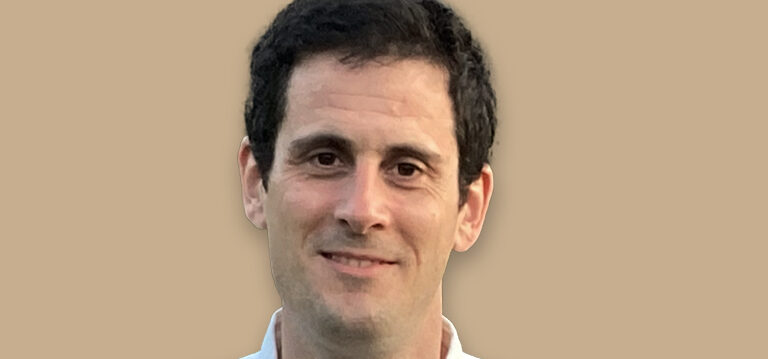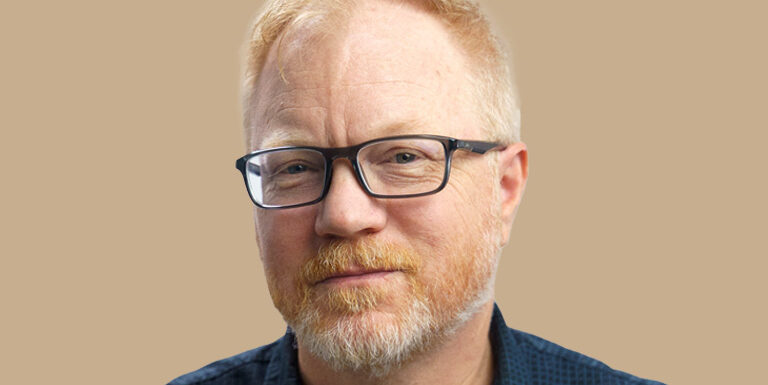Tripurdaman Singh
Research Fellow, Graduate Institute, Geneva / Associate Fellow, Institute of Commonwealth Studies, University of London

Tripurdaman Singh
Research Fellow, Graduate Institute, Geneva / Associate Fellow, Institute of Commonwealth Studies, University of London
Tripurdaman Singh is a historian and writer, currently an Ambizione Fellow at the Graduate Institute, Geneva and an Associate Fellow at the Institute of Commonwealth Studies, University of London.
His work explores South Asia’s encounter with colonialism, the process of decolonization and the birth of Indian democracy. He is particularly interested in challenging the shibboleths of nationalist historiography, reassessing India’s transition to democracy and delineating the constitutional cracks and faultlines that enable authoritarianism to thrive.

Singh’s work has also contributed significantly to a reassessment of the early years of India’s democracy and the legacy of Prime Minister Nehru. It has addressed one of the most contentious and consequential moments in Indian history – the First Amendment of the Constitution – and is a major part of the ongoing debate about the constitutional structure of India and the historical antecedents of the mounting crises of civil liberties.
Singh has published articles and commentary in several media outlets including The Times of India, The Indian Express, BBC Radio3, BBC World Service, Monocle Radio and others. He is also the author of three books – Imperial Sovereignty and Local Politics (Cambridge University Press, 2019); Sixteen Stormy Days (Penguin, 2020; Bloomsbury 2024) and Nehru (William Collins, 2021).
He was also consulted on a documentary series commissioned by India’s Ministry of Information, commemorating 75 years of independence, and he is currently on the Curricular Advisory Group established by the Ministry of Education in India to supervise the reform of the national school curriculum for humanities and social sciences.
In 2020 he was awarded the Ramnath Goenka Award in India.
Singh earned an MPhil in Modern South Asian Studies and a PhD in History at the University of Cambridge. He was a British Academy Postdoctoral Fellow at the School of Advanced Study, University of London and held Visiting Fellowships at the International Institute of Asian Studies in Leiden and the Fondation Maison des Sciences de L’Homme in Paris.


